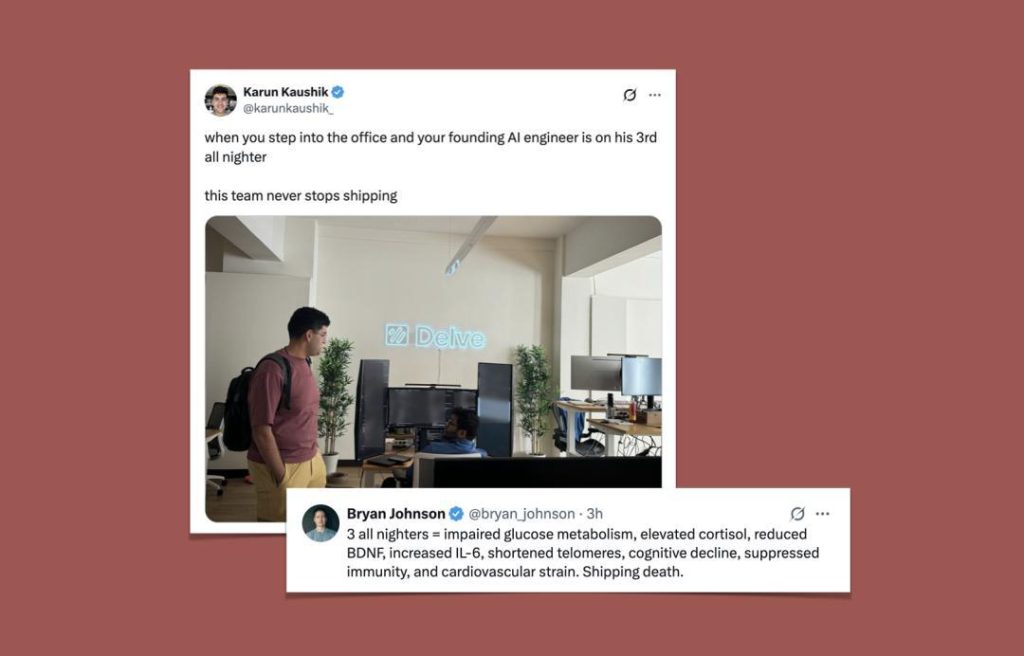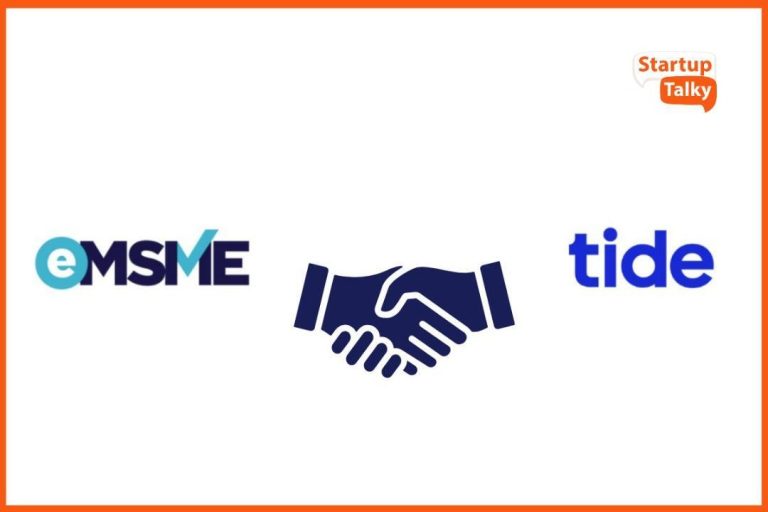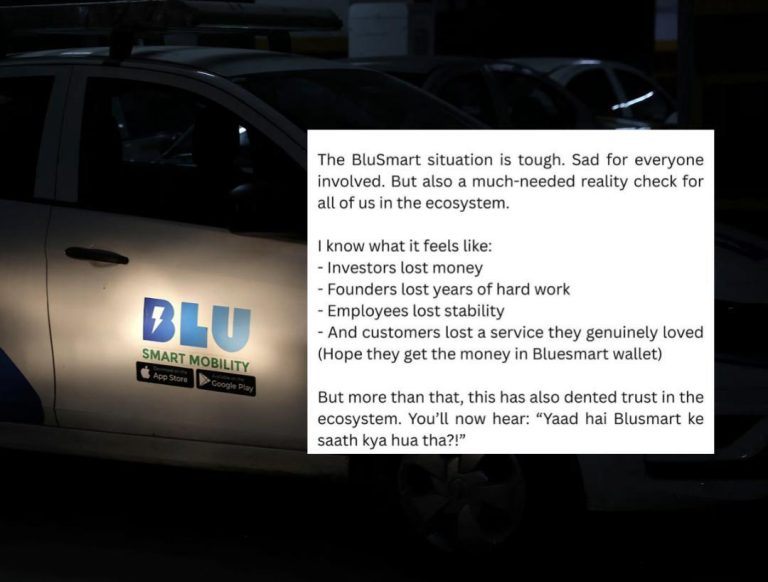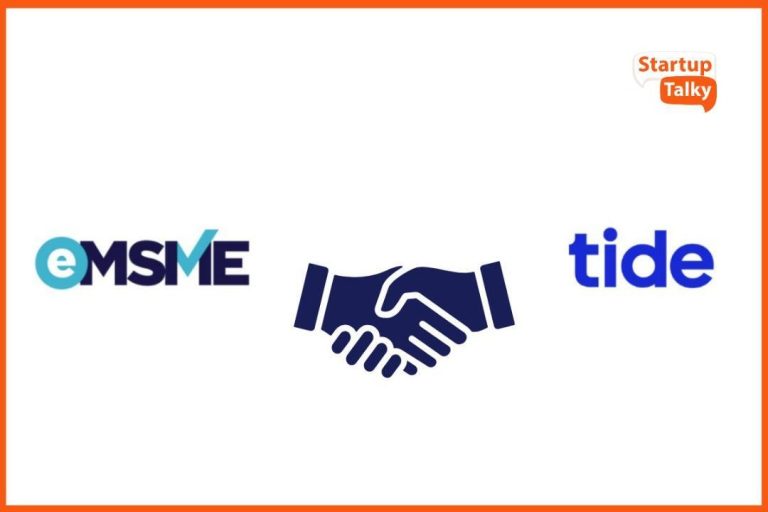
Indian-Origin Startup CEO Posts About Employee’s ‘3rd All-Nighter’, Bryan Johnson Reacts
In today’s fast-paced and competitive business world, it’s not uncommon to hear about employees working long hours, often sacrificing their personal lives for the sake of their job. However, a recent post by the CEO of Indian-origin startup Delve Karun Kaushik has sparked a heated debate about the importance of work-life balance.
Kaushik, who is the CEO of the artificial intelligence (AI) startup, shared a picture of one of his team members, an AI engineer, who had allegedly worked three consecutive all-nighters. The post read, “This team never stops shipping. We’re revoking his git [software development platform] if he doesn’t [sleep over 10 hours] today.” The post was meant to be a lighthearted way to poke fun at the engineer’s dedication to his work, but it ended up sparking a controversy.
The post quickly went viral, with many people criticizing Kaushik for promoting a culture of overwork and burnout. They argued that pushing employees to work long hours without adequate rest can have serious negative effects on their physical and mental health. One of the most vocal critics was US millionaire Bryan Johnson, who tweeted, “Three all-nighters = impaired glucose metabolism…and cardiovascular strain. That’s shipping death.”
Johnson, who is the founder of OS Fund, a venture capital firm, is known for his advocacy on the importance of work-life balance and employee well-being. He has written extensively on the topic and has spoken out against the cult-like culture of overwork that pervades many industries.
Kaushik’s post and Johnson’s reaction highlight the ongoing debate about the best way to manage employee workload and promote a healthy work-life balance. While some argue that a little bit of sacrifice is necessary to achieve success, others believe that prioritizing employee well-being is essential for a company’s long-term success.
The issue of overwork is particularly pertinent in the tech industry, where long hours are often seen as a badge of honor. However, this culture of overwork can have serious consequences, including increased rates of burnout, depression, and anxiety. A study by the American Psychological Association found that 44% of employees in the tech industry reported feeling burned out, compared to 31% of employees in other industries.
In addition to the negative effects on employee well-being, overwork can also have serious consequences for a company’s bottom line. A study by the Society for Human Resource Management found that employee turnover can cost a company up to 150% of the employee’s salary. Furthermore, overworked employees are more likely to make mistakes, which can have serious consequences for a company’s reputation and finances.
So, what can companies do to promote a healthier work-life balance? One approach is to prioritize employee well-being by providing resources and support to help employees manage their workload and reduce stress. This can include offering flexible work arrangements, mental health days, and access to employee assistance programs.
Another approach is to rethink the culture of overwork and prioritize employee well-being. This can involve setting realistic goals and deadlines, providing regular breaks and time off, and encouraging employees to take care of themselves. Companies can also promote a culture of transparency and open communication, where employees feel comfortable speaking up about their workload and well-being.
In conclusion, the debate about overwork and work-life balance is complex and multifaceted. While some argue that a little bit of sacrifice is necessary to achieve success, others believe that prioritizing employee well-being is essential for a company’s long-term success. As companies navigate this issue, it’s essential to prioritize employee well-being and promote a culture of transparency, open communication, and support.




